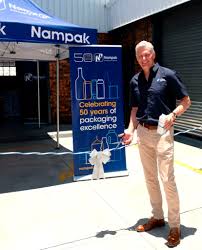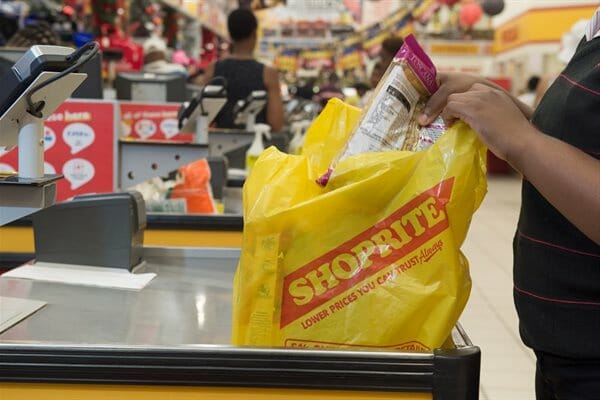Unilever has committed to reduce plastic waste across its portfolio and help create a circular economy for plastics. The pledge includes halving its use of virgin plastic, by reducing its absolute use of plastic packaging by more than 100,000 tonnes and accelerating its use of recycled plastic, and helping to collect and process more plastic packaging than it sells.
Unilever’s commitment will require the business to help collect and process around 600,000 tonnes of plastic annually by 2025. This will be delivered through investment and partnerships which improve waste management infrastructure in many of the countries in which Unilever operates.
As the owner brands including Dove, Ben & Jerry’s, Lipton and Omo, Unilever’s plastic packaging footprint today is around 700,000 tonnes annually (including recent acquisitions).
New commitments
The consumer goods giant has confirmed that by 2025 it will:
• Reduce virgin plastic packaging by 50%, with one third coming from an absolute plastic reduction.
More than 100,000 tonnes will come from an absolute reduction as the business invests in multiple-use packs (reusable and/or refillable), ‘no plastic’ solutions (alternative packaging materials or naked products) and reduces the amount of plastic in existing packs (concentration). Replacing non-recycled plastic packaging with recycled plastics will account for the remaining reduction.
Unilever will measure the total tonnes of virgin plastic packaging used each year vs the total tonnes of virgin plastic packaging used in 2018. As a result of this commitment, Unilever is committing to have a virgin plastic packaging footprint of no more than 350,000 tonnes by 2025.
• Help collect and process more plastic packaging than it sells
This commitment will require the business to help collect and process around 600,000 tonnes of plastic annually by 2025. This is less than its current 700,000 tonnes plastic packaging footprint because it reflects the 100,000 tonnes absolute reduction it committed to above.
Unilever will deliver this commitment by: i) Investment and partnerships in waste collection and processing; ii) Purchasing and using recycled plastics in its packaging; and iii) Participating in extended producer responsibility schemes where Unilever directly pays for the collection of its packaging.
Unilever will measure the total tonnes of plastic packaging it has helped collect and process in a year vs how much plastic packaging it has used.
The company says it’s on track to achieve its existing commitments to ensure all of its plastic packaging is reusable, recyclable or compostable by 2025, and to use at least 25% recycled plastic in its packaging, also by 2025.
Rethinking packaging and products
Alan Jope, Unilever CEO, said: “Plastic has its place, but that place is not in the environment. We can only eliminate plastic waste by acting fast and taking radical action at all points in the plastic cycle.
“Our starting point has to be design, reducing the amount of plastic we use, and then making sure that what we do use increasingly comes from recycled sources. We are also committed to ensuring all our plastic packaging is reusable, recyclable or compostable.
“This demands a fundamental rethink in our approach to our packaging and products. It requires us to introduce new and innovative packaging materials and scale up new business models, like re-use and re-fill formats, at an unprecedented speed and intensity.




